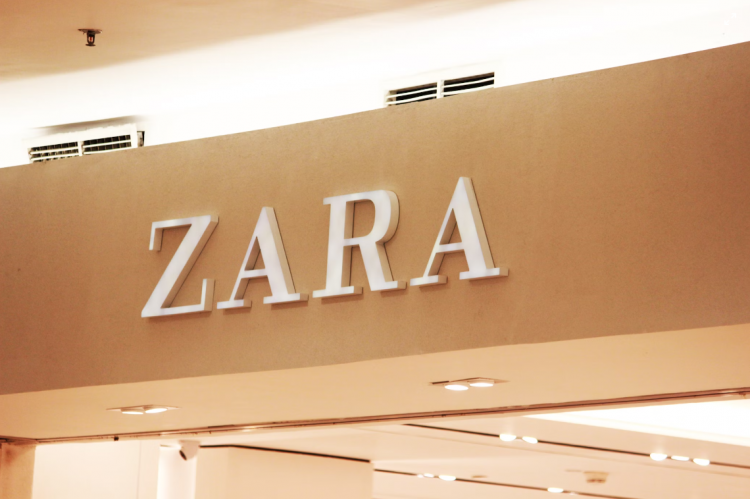Inditex, the Spanish retail giant that owns Zara, reported a slowdown in sales growth for the first quarter of 2025, sending its stock tumbling 8% on Wednesday. The company posted €11.21 billion ($12.2 billion) in fourth-quarter revenue, matching analysts' expectations, but signaled weaker demand in early 2025, raising concerns among investors about whether its rapid expansion can be sustained.
Sales from February 1 to March 10 grew just 4% in currency-neutral terms, compared to 11% growth in the same period last year. Analysts had forecast first-quarter sales growth of 8.8%, suggesting Inditex will need to see a strong pickup later in the quarter. UBS analysts noted that this was the company's weakest trading update since 2016, outside of the pandemic years.
The slowdown comes after a rare miss in third-quarter sales and profits, which the company attributed in part to a stronger U.S. dollar. The retailer's full-year 2024 sales grew 10.5% in currency-neutral terms to €38.63 billion ($42.07 billion), while net income rose 9% to €5.88 billion, both in line with expectations.
Shares fell as investors reacted to the weaker-than-expected start to 2025. The market reaction showed concern about whether the first-quarter "slowdown is a 'one-off' hurt by weather or a temporary dip in consumer sentiment ... versus whether this is the start of a more sustained slowdown in growth," said Mamta Valechha, consumer discretionary analyst at Quilter Cheviot.
CEO óscar García Maceiras downplayed concerns over the company's performance, emphasizing its ability to adapt to economic conditions. the company remained "confident in our execution for the year ahead," he said during an earnings call. However, he acknowledged uncertainty surrounding tariffs and geopolitical instability, saying the current environment "makes it difficult to make very long-term predictions."
Inditex has been outperforming rivals such as H&M, which reported weaker-than-expected fourth-quarter sales earlier this year. However, the company faces increasing competition from lower-cost retailers such as Shein, which continues to disrupt the fast-fashion market with aggressive pricing and online dominance.
Despite the market reaction, some investors see the pullback as overdone. "Inditex can no longer grow in sales at the rate we were used to," said Xavier Brun, portfolio manager at Trea Asset Management, which holds Inditex shares. "But the market reaction is excessive. Inditex is investing heavily in logistics, and this will allow it to gain efficiency, even if consumption declines in the coming quarters."
Inditex announced a 9% dividend hike to €1.68 per share and plans to invest €1.8 billion this year in store refurbishments, technology, and online platforms. The company also revealed expansion plans, with store openings in Iraq, Sweden, the Netherlands, and Germany.






